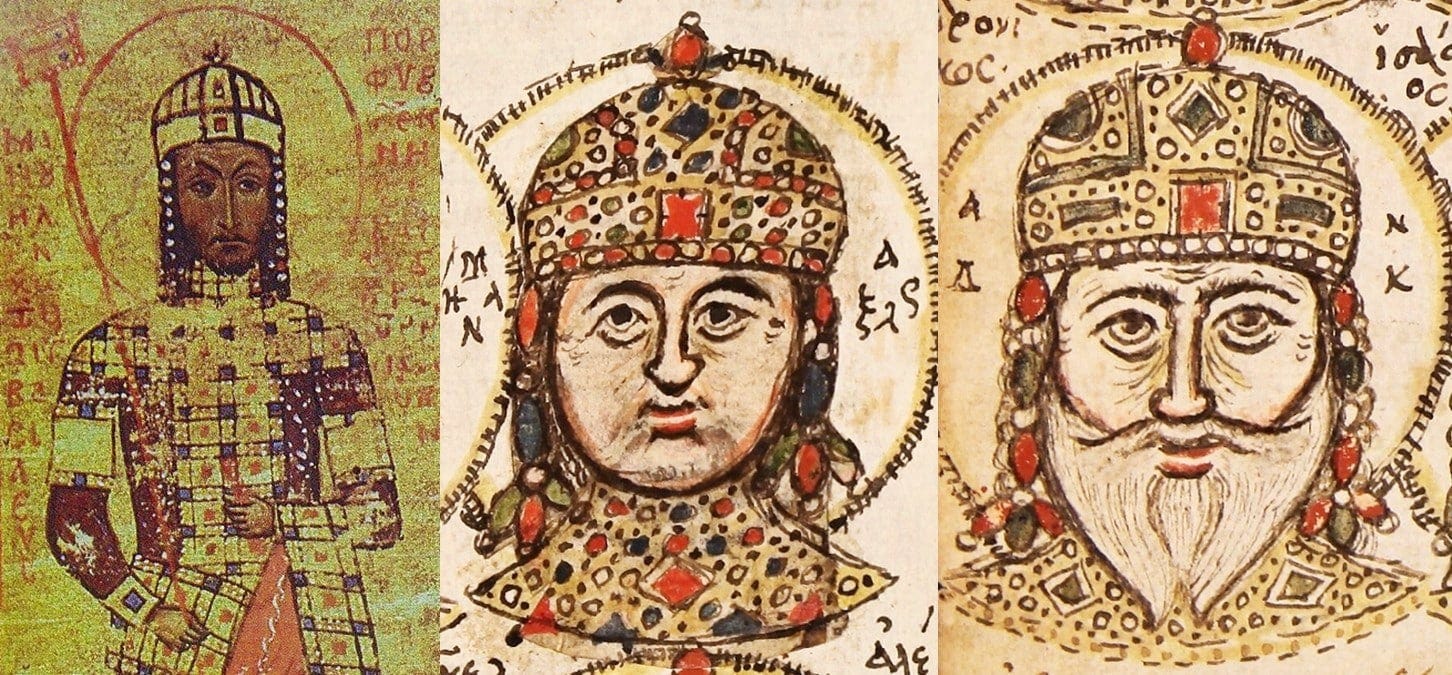A Winter Tale Straight from the Pages of Chekhov
In a small Balkan town, governed by a primitive version of the Byzantine spirit—filled with envy and incompetence—a remarkable event takes place, requiring decisive action from its so-called elite leadership.
In one of its institutions, through democratic means, the majority elects a new leader. Simile simili gaudet. This leader is not only born in the town but seems practically cloned from it. His greatest "qualification" lies in being "purebred"—he has barely ever stepped outside the town, speaks no foreign language, and has never read anything by anyone more intelligent than himself. But why should he, when his accomplishments within the town are more than enough? After all, isn’t it better to be a big fish in a small pond than a small one in the big city?
However, his mandate begins with a serious challenge. Against all expectations—and bets to the contrary—a handful of rebellious and "unsuitable" employees manage to break free from the confines of the town. Not only that, but they even succeed in bringing the city to the town. For two fleeting days, the town shines as though it were a metropolis! And he? He couldn’t be part of the event—because, of course, he knows nothing of the city, its customs, or even its language.
This affront creates a frustration almost impossible to describe. Such audacity! Such a blatant challenge to the established order and sacred traditions! Enraged, the leader resolves to wield his newfound power—granted to him, of course, by the majority he now governs. With the advice of his trusted right-hand, his wife (who "understands these matters well"), he earns the trust of his followers. Evidence, of course, is unnecessary.
Soon, the first opportunity for revenge presents itself. Imagine the arrogance: these insolent, self-important employees dare to plan yet another "excursion" into the world. This time, however, they cannot proceed without his signature! Now they’ll understand the meaning of authority.
As the diligent guardian of mediocrity, the leader perceives this attempt as a potential revolution—a defiance of the values he embodies as the pinnacle of excellence. This rebellion must be crushed at its root, serving as a warning to anyone else who dares to escape the cage of mediocrity. He refuses to sign their request, citing vague allegations of misconduct as his justification. Loyal subordinates remain silent, expressing shock and horror at the audacity of the dissenters. One attendee, attempting to strike a balance between principle and loyalty to the beloved leader, suggests mediation—a concept unimaginable to those in power, for whom such measures would diminish their alpha dominance.
In classic Byzantine fashion, the leader ensures no written record of his accusations remains. Like a scene from Orwell, the incident and his "decisive arguments" vanish from the official minutes, leaving no trace of his justification for halting these aspiring world-travelers—or, as he frames it, for stopping the spread of harmful influences into the town.
But his victory would not be complete without someone’s head rolling. He gathers his closest allies into a select group, granting them not only cover but legitimacy, and demands punishment for the ringleader of this "mutiny" aboard the HMS Bounty.
Dismissal! With great satisfaction, he brandishes his figurative sword, demonstrating his resolve against someone far older, more respected, and instrumental in his own rise from the lowest ranks of the hierarchy. This individual, who had even done him many favors, is now sacrificed to showcase his "principles." Let this be a lesson to anyone else daring to rebel or attempting to open the institution to the world beyond the town’s limits.
To outside observers, such events in the town inevitably revive the age-old question of the chicken and the egg: Do people shape institutions, or do institutions create such leaders? Which comes first?
But leaders like him are cunning—they are the cornerstone of this system, and not by accident. Once all "wild elements" and anyone who fails to conform 102.3% to this otherwise "harmonious" environment are eliminated, everything falls neatly into place. The rebels will submit. They will approve falsified minutes that distort the truth, just as they remained silent when the sacrificial lamb was executed. And when the document bears His signature, who would dare object? It will remain archived forever.
And so, the town continues to recycle itself, maintaining its "standards" and, above all, enforcing strict discipline upon the silent and incapable—those paralyzed by their fear of the city and all that it represents.







